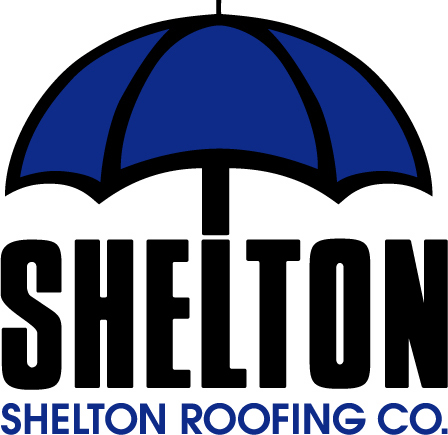Although it may seem like one roof is the same as the next, nothing could be further from the truth, especially when comparing commercial and residential roofing systems. If either sustain significant damage, repair or replacement costs can be pretty steep. Plus, damage resulting from a natural disaster could result in the loss of property value. Professional roofers and roofing contractors understand how these two types of roofing systems differ and that these differences help to determine what type of system works on each type of property.
Differences in Design
Roofers In San Mateo know that while it’s obvious that the design or a commercial roof differs from that of a residential one, it’s important that property owners understand these differences. Commercial roofs tend to range from being completely flat to having a mild slope while being much larger than the roof on a home. Consequently, commercial roofs tend to involve much larger repairs and require considerably more maintenance. The need to cover a larger area and the weight of equipment installed on these roofs are 2 other design factors that roofing contractors must contend with.
Differences in Materials
Another area where commercial roofs differ from residential ones is the materials that are used in their construction. Materials tend to vary based on factors such as the cost of materials, the type of roof, and weather or climatic conditions. The following is a list of the 5 roofing materials that are commonly used on commercial roofing:
• asphalt shingles
• clay tile
• concrete tile
• metal roofing
• slate roofing
When it comes to selecting the right materials for their roof, commercial property owners should consult with a local roofing contractor or specialist who’s been in business for a considerable length of time, and is trustworthy.Understanding the capabilities and certification of roofing contractors is important before hiring them to work on commercial or residential roofing projects. Looking at their experiences and past reviews of their work helps.
Major Differences to be aware of
While the installation of residential roofing is fairly straightforward and relatively easy to install, the same cannot be said for commercial roofing. Commercial roofing systems require certain skills that residential roofers may or may not possess. For instance, they must be experienced with working around obstacles such as installing roofing materials around air flow systems, external piping, and smokestacks.
When it comes to maintaining, repairing, or replacing commercial roofs, property owners should always rely on insured and licensed roofing contractors. They have a thorough knowledge of the different materials for commercial roofs and understand which ones work best with the type of building that is being worked on. That is why it si important to consult them before working with them.
